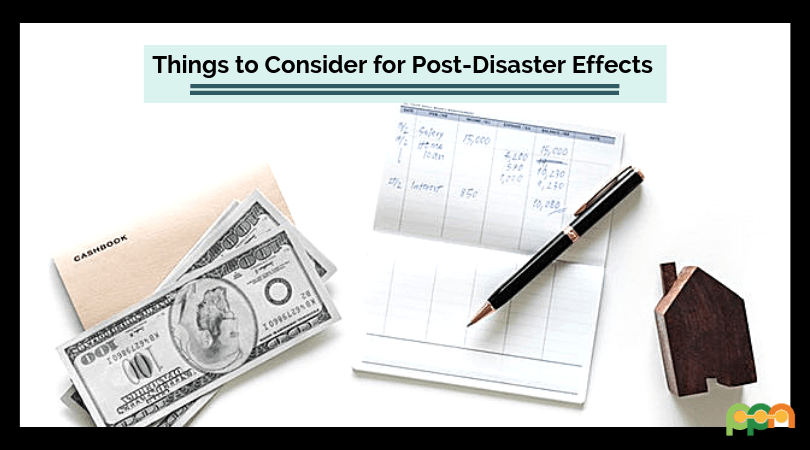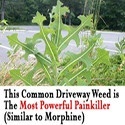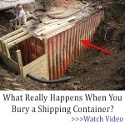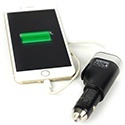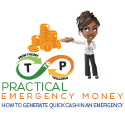It is not only during a disaster that we should be financially prepared. Post-disaster effects are also things that we need to consider.
In planning for the safety and sustainability of the whole family after an emergency, the following are important tips to note.
Stash away some cash.
In normal days, cash isn’t an ideal form of money to keep. Aside from it being prone to getting misplaced, robbed, or washed away, it can also bug our minds into spending more than we can afford. However, if we want to recover from unexpected emergencies or disasters, we need to invest in keeping a substantial amount.
Why? Well, online banking, money outlets, or ATM machines might not be functional after a storm, flood, earthquake, or fire, but our tummies aren’t. We constantly need to feed, bathe, and work, thus we constantly have to be financially stable.
If you can’t use your cards, your best immediate option is cash. However, if you worry about how you can keep your cash safe, you can try putting them in a secured pouch for documents and money that has a handle to grab on.
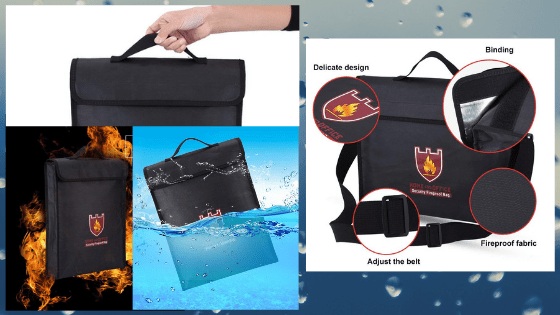
It should also be lightweight so you can easily take it away during an emergency situation. You just need to grab them and go!
Save your spare coins.
Coins are heavy but they have a lot of practical uses. Aside from trading them for goods, they can also be used to test tire threads, fix a wobble in pieces of furniture, tighten screws, take quick measurements, and more.
What’s good about keeping coins is that they accumulate over time. You won’t need to ruin your pocket to save financially. After your grocery shopping, you surely will have a lot of change, right?
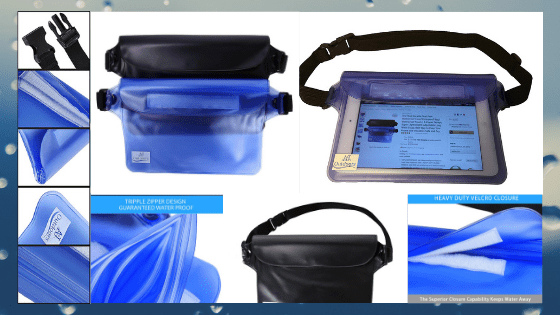
If you consider having them in your pockets all the time a burden, rather than spending them to relieve you of this, try to store them for emergency purposes. However, to prevent your kids from accidentally ingesting them, keep them in a secure, durable, waterproof, fireproof, and lightweight bag or pouch.
It’s also a good money-saving habit you can teach your kids.
Keep something unique and valuable.
Aside from cash and coins, it is also a good investment to keep something of high value to pawn and sell. Invest in something that’s of value even in a disaster.
When you are running out of money, It’s best to have pieces of jewelry, watches, or other high-valued materials you can exchange for things you might need. Some forms of gold or silver, which are more lightweight than gadgets, are best for this option.
However, in keeping these things, you need something that’s secure, lightweight, and portable, in case you’ll need to leave your house to survive a disaster. You’ll need something you can wrap around and put inside your backpack.

Jewelry boxes and vaults can secure your pieces of jewelry in good shape, but they’re too bulky to carry. Try keeping them in a wrappable two-sided jewelry organizer that has several pockets to maximize space.
Whenever a disaster strikes, you can wrap this jewelry organizer and put them in a reusable, waterproof, heavy-duty, lightweight nylon storage tote bag. With this, you can bring all your valuables anytime, anywhere.
Keep something worthy to trade.
People don’t always need money to trade. We must also prepare for times when goods will be more important than cash. This usually happens when consumable goods are so scarce that a bit is worth more than gold.
If matters get worse and money will not be as valuable to others as it was before, it’s a good option to keep a few extra things we might need for survival. These things may range from consumable goods, batteries, water, seeds, first aid kits, vitamins, matches, tarps, camping gear, and more.
It’s always better to be ready than sorry so whether you’re in a disaster-prone area or not, it’s good to make saving possible necessities a habit. This may not only save you from drowning in problems later but will also make you more financially steady.
